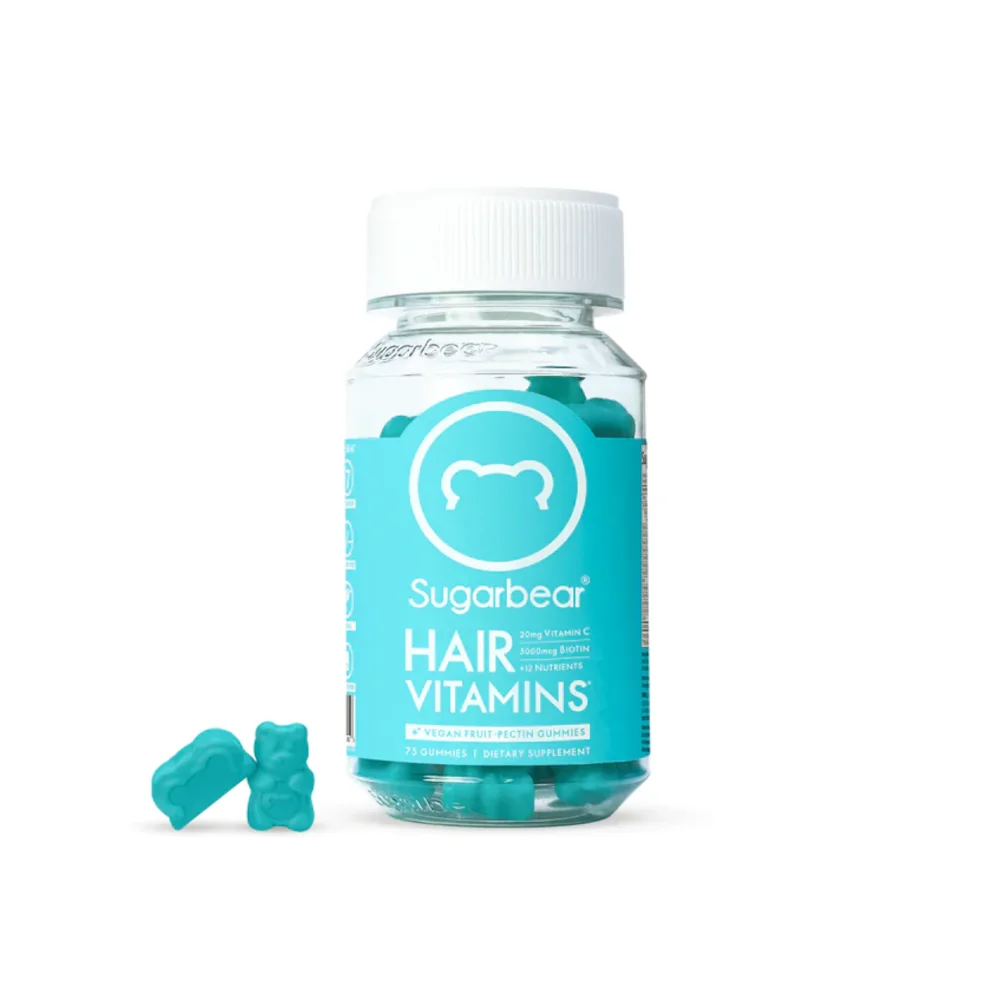Role of nutrition in hair health
Importance of nutrition
Role of nutrition in hair health and suggestions for a balanced diet.
Nutrition plays a fundamental role in hair health. A balanced diet provides hair follicles with the essential nutrients they need to grow healthy and strong. That’s why it’s important to pay attention to what you eat to maintain healthy and beautiful hair. Here are some important nutrients for hair health and tips for a balanced diet:
- Protein: Hair is mostly made up of protein, so making sure you consume enough of it is crucial to keeping it healthy. Healthy protein sources include lean meat, fish, eggs, dairy, legumes and tofu.
- Iron: Iron deficiency can lead to hair loss. Making sure you consume enough iron through foods such as red meat, chicken, fish, legumes, spinach and whole grains can help prevent this problem.
- Vitamin C: This vitamin helps the body absorb iron more efficiently. Rich sources of vitamin C include citrus fruits, strawberries, kiwis, peppers, broccoli and tomatoes.
- Vitamin A: This vitamin is essential for the production of sebum, which helps keep the scalp hydrated. Some sources of vitamin A are carrots, pumpkin, liver, eggs and dark green leafy vegetables.
- Vitamin E: This vitamin is a powerful antioxidant that can help improve scalp circulation and promote healthy hair growth. Sources of vitamin E include nuts, seeds, wheat germ oil, spinach and avocado.
- Omega-3 fatty acids: These healthy fatty acids are important for the health of your scalp and hair follicles. Sources of omega-3 include fatty fish (such as salmon, mackerel, and sardines), flax seeds, chia seeds, and walnuts.
- Water: Keeping your body hydrated is essential for overall hair health. Making sure you drink enough water every day can help keep your scalp hydrated and promote hair growth.
Overall, a balanced and varied diet that includes a wide range of nutrients is essential for maintaining healthy, strong hair. Reducing your intake of processed, sugary foods and saturated fats can also help improve hair and scalp health. Finally, always consult a health professional, such as a nutritionist or dermatologist, for specific advice on your diet and hair health.
Food supplements
Role of supplements in correcting deficiencies and improving hair health.
Nutritional supplements can play an important role in correcting nutrient deficiencies and improving hair health. When a balanced diet does not provide adequate amounts of certain nutrients, supplements can be useful to ensure optimal intake of those key nutrients for hair health. Here are some common elements and their role in hair health:
- Biotin (Vitamin B7): Biotin is known to promote hair growth and help keep hair healthy. It is often present in specific supplements for hair and nails, and is important for the production of keratin, a protein fundamental to the structure of the hair.
- B Vitamins: B vitamins, such as Biotin (B7), Niacin (B3) and Cobalamin (B12), play a crucial role in scalp health and the production of new cells. Multivitamin supplements can be a good source of these vitamins.
- Iron: Iron deficiency anemia is one of the most common causes of hair loss, especially in women. Iron supplements may be recommended to correct deficiencies and improve hair health.
- Zinc: Zinc is involved in protein synthesis and tissue repair, including those of the scalp. Zinc supplementation may be helpful in keeping hair follicles healthy.
- Omega-3 fatty acids: Omega-3s are known for their anti-inflammatory properties and can help keep your scalp healthy and hydrated. Fish oil or flaxseed supplements can provide an extra dose of these essential fatty acids.
- Vitamin D: Vitamin D is involved in hair growth and scalp health. Vitamin D supplements may be recommended especially for those who live in areas with little sun exposure or who have documented deficiencies.
- Knowing your hair | Introduction
- Knowing your hair | Hair life cycle
- Knowing your hair | The effluvium and the outflow
- Knowing your hair | What is hair made of?
- Knowing your hair | Why does stress cause hair loss?
- Knowing your hair | Hydration guide
- Knowing your hair | Role of nutrition in hair health
- Knowing your hair | Complete guide to hair types

